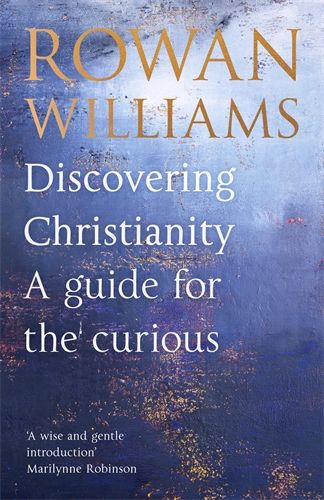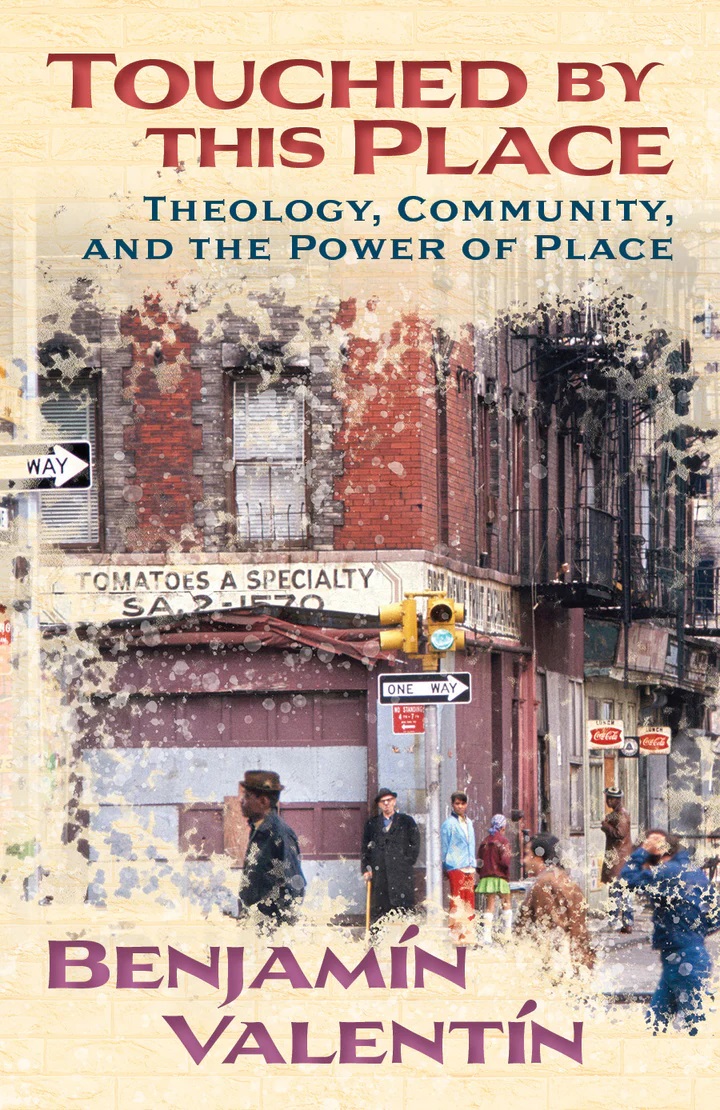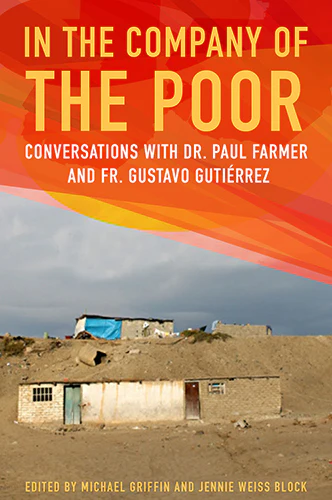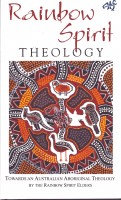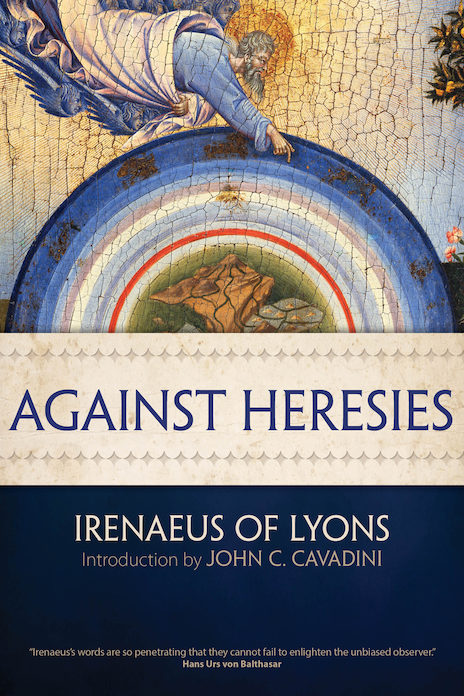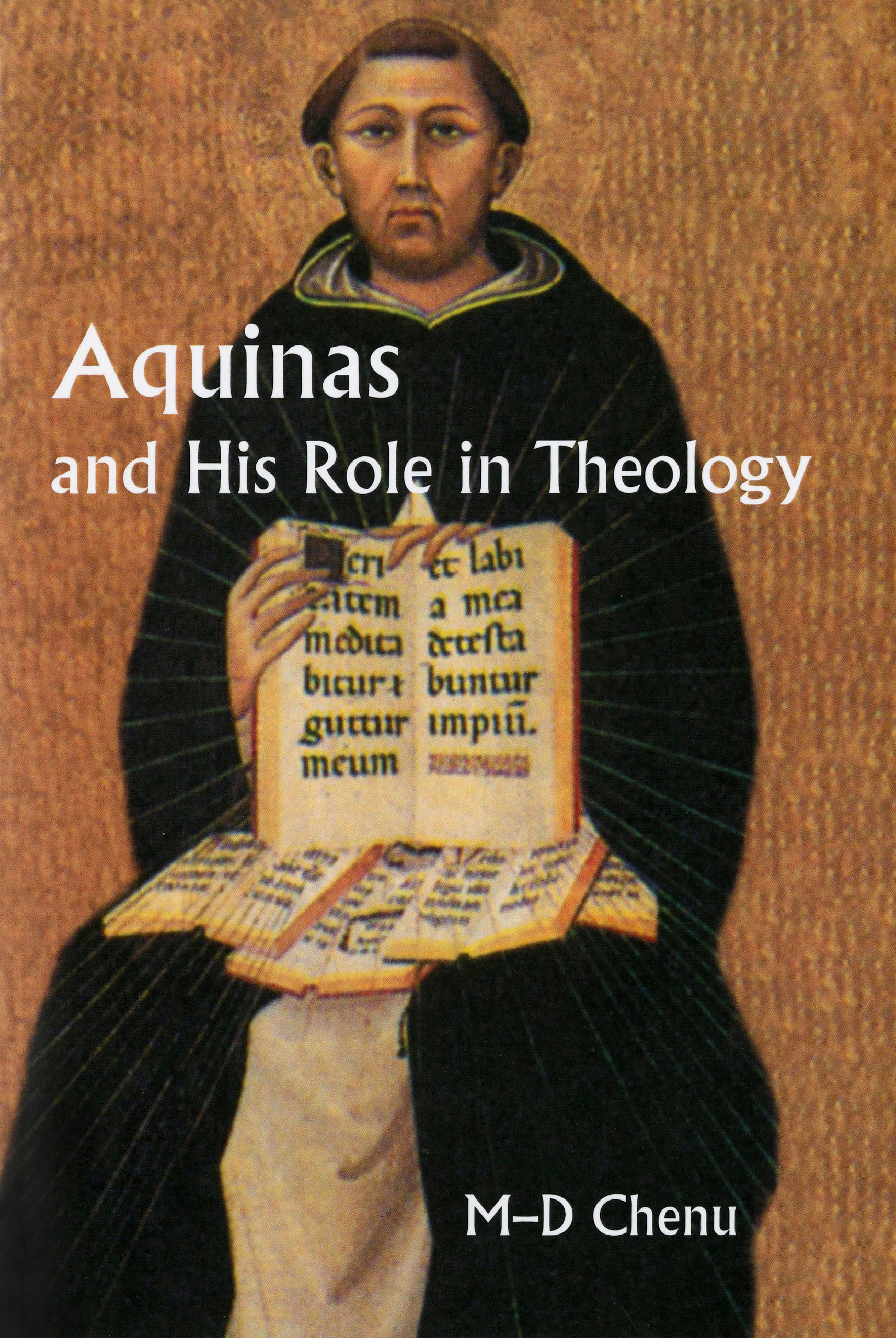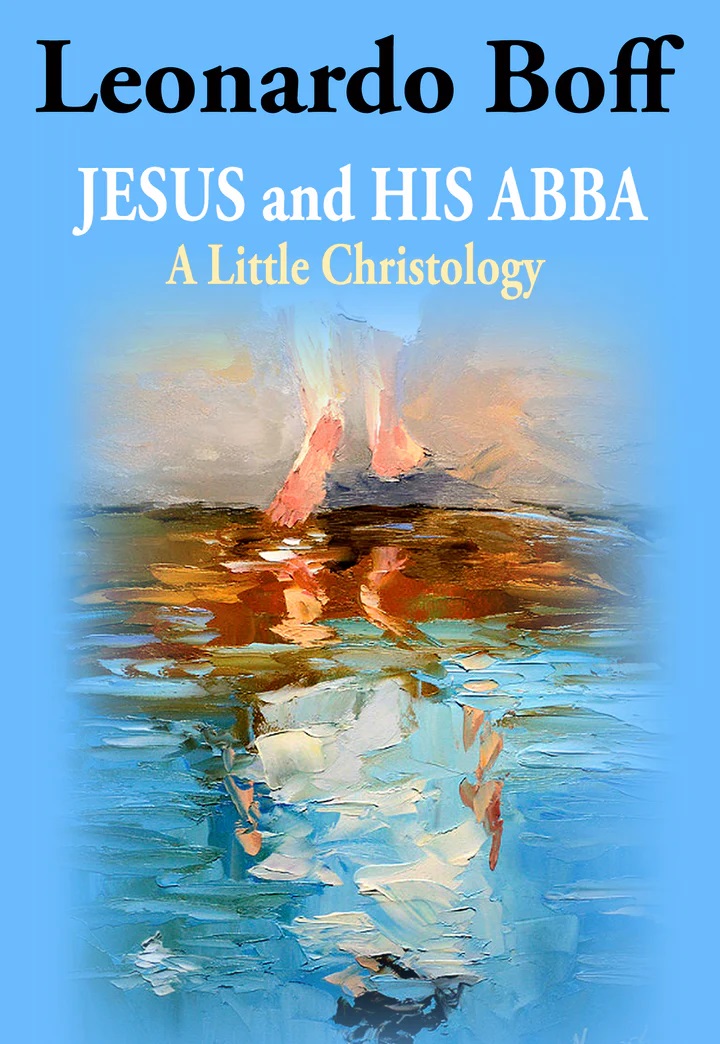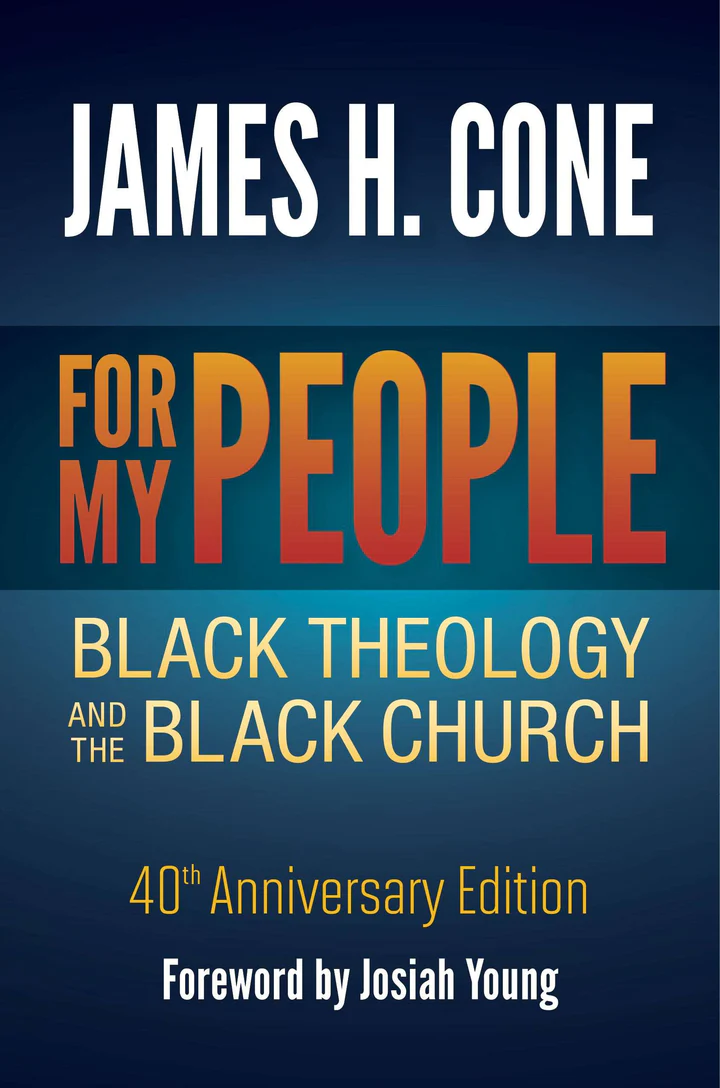Interface Theology 8/2 2023
The essays in this volume examine various aspects of Dominican life. There are essays on prayer, spirituality, historical and biblical pieces as well as a piece on the work on the work of publishing by Dominicans. The contributors come from different parts of the world and reflect different vocations within the Order.
The overarching theme in the volume is that the Dominican tradition is one of dynamic engagement, a dynamic engagement with the world, with issues, ideas, concepts, topics, biblical studies, theology, philosophy, social analysis and history in whatever activity is undertaken. It is a process, never static but always searching and calling for new ideas, new expressions, new ways to look at, to respond to the situation/s in front of us, and also importantly to make some response to the needs of the time as they confront us. It is the following of an intuition, a thought an insight, to see where it leads, to look at the context/s, all the twists of possible interpretations, understandings and to come to certain decisions in how to frame this and talk about it. At the same time it is then not just a study of a certain topic (theological or otherwise), issue, idea, event, institution not just an investigation for its own sake, but to take another next step. It is a handing on, a transmitting, a passing on to others what has been learnt, discovered, engaged with, grappled with, teased out, developed, and what is added to a body of knowledge, a tradition. It is what has been described by some as the Salamanca Process. It is prophetic not as in ‘foretelling the future’, but a standing back, looking at situations, topics, themes, events, institutions, people, actions, ideas and situations and to try to detail, outline, define, and attempt to interpret what is being witnessed, described and experienced. It is dynamic in so far it adds to a body of knowledge, ideas, interpretations and is always open to new analyses and to reinterpretation.
Once again this dynamic process is not unique to just the Dominican tradition, as others could claim it, or do the same thing without naming it. Nor has it always been undertaken perfectly, or to its best, by all those who are part of the tradition (indeed there are times in history where it has been undertaken better than in others), but it is perhaps that ‘something’, that those who follow the tradition can stand back, recognise it, recognise that ‘something’, the elements and say ‘yes, that is the Dominican ‘way’.
Contributors: Ulrich Engel OP, Gabrielle Kelly OP, Eric de Clermont-Tonnerre OP, Mark O’Brien OP, Erik Borgman OPL, and Thomas O’Meara OP

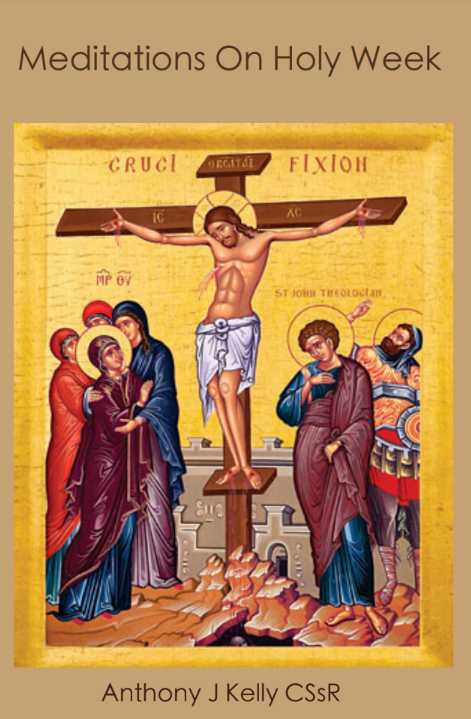
 Back
Back

